“If you even dream of beating me you’d better wake up and apologise.”
Those were the words of the legend who boxed his way into fame. Born at Louisville Kentucky in the US, on January 17, 1942, the pugilist was named after Cassius Marcellus Clay, his father, who was a sign painter, but he changed his name after converting to Islam.
Ali began training at 12 years old, and won the World Heavyweight Championship 10 years later –a feat he repeated two more times – in 1974, and 1978. His conversion to Islam happened the year before he won the laurel for the first time, but he kept his new faith a secret until the heavyweight crown was safely in hand.
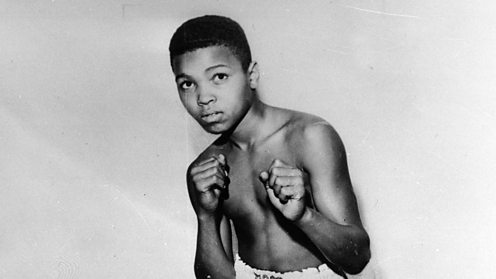
Ali was an anti-establishment showman who transcended borders and barriers, race and religion. He became an emblem of strength, eloquence, conscience and courage. His fiery commentary was praised by antiwar activists and black nationalists and vilified by conservatives, including many other athletes and sportswriters.
Advertisement
Three years after winning the noble title, Ali refused to be conscripted into the US military, citing his religious beliefs and opposition to American involvement in the Vietnam war.
“My conscience won’t let me go shoot my brother, or some darker people, some poor, hungry people in the mud, for big powerful America, and shoot them for what? They never called me nigger. They never lynched me. They didn’t put no dogs on me. No Vietcong ever called me nigger,” he said in an interview.
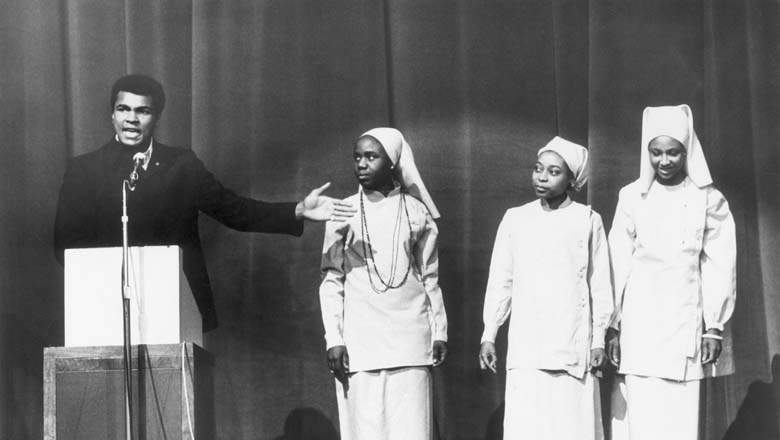
JAILED FOR HIS BELIEF
His stand culminated with an appearance at an Army recruiting station, where he refused to step forward when his name was called. The reaction was swift and harsh. He was stripped of his boxing title, convicted of draft evasion and sentenced to five years in prison.
Advertisement
He did not fight again for nearly four years—losing a time of peak performance in an athlete’s career. But the Supreme Court overturned his conviction in 1971.
Released on appeal but unable to fight or leave the country, Ali turned to the lecture circuit, speaking on college campuses, where he engaged in heated debates, pointing out the hypocrisy of denying rights to blacks even as they were ordered to fight the country’s battles abroad.
“My enemy is the white people, not Vietcongs or Chinese or Japanese,” Ali told one white student who challenged his draft avoidance.
Advertisement
“You my opposer when I want freedom. You my opposer when I want justice. You my opposer when I want equality. You won’t even stand up for me in America for my religious beliefs and you want me to go somewhere and fight but you won’t even stand up for me here at home.”
HIS RETURN TO THE RING
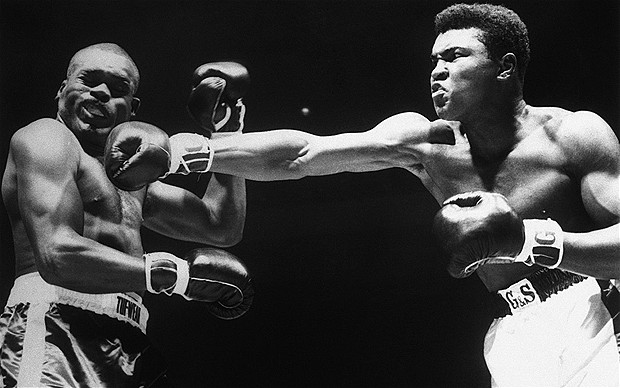
Toward the end of his legal saga, Georgia agreed to issue Ali a boxing license, which allowed him to fight Jerry Quarry, whom he beat. Six months later, at a sold-out Madison Square Garden, he lost to Joe Frazier in a 15-round duel touted as ‘the fight of the century’. It was Ali’s first defeat as a professional.
That fight began one of boxing’s and sport’s greatest rivalries. Ali and Frazier fought again in 1974, after Frazier had lost his crown. This time, Ali won in a unanimous decision, making him the lead challenger for the heavyweight title.
He took it from George Foreman later that year in a fight in Zaire dubbed ‘The Rumble in the Jungle’, a spectacularly hyped bout for which Ali moved to Africa for the summer, followed by crowds of chanting locals wherever he went. A three-day music festival featuring James Brown and B.B. King preceded the fight.
Advertisement
Finally, Ali delivered a historic performance in the ring, employing a new strategy dubbed the “rope-a-dope,” goading the favored Foreman into attacking him, then leaning back into the ropes in a defensive stance and waiting for Foreman to tire. Ali then went on the attack, knocking out Foreman in the eighth round. The maneuver has been copied by many other champions since.
Advertisement
Ali successfully defended his title until 1978, when he was beaten by a young Leon Spinks, and then quickly took it back. He retired in 1979, when he was 37, but, seeking to replenish his dwindling personal fortune, returned in 1980 for a title match against Larry Holmes, which he lost. Ali lost again, to Trevor Berbick, the following year. Finally, Ali retired for good.
HE RECEIVED PRESIDENTIAL HONOUR
In 2005, President George W. Bush honoured Ali with the Presidential Medal of Freedom, and his hometown of Louisville opened the Muhammad Ali Center, chronicling his life but also as a forum for promoting tolerance and respect.
Advertisement
HIS PERSONAL LIFE
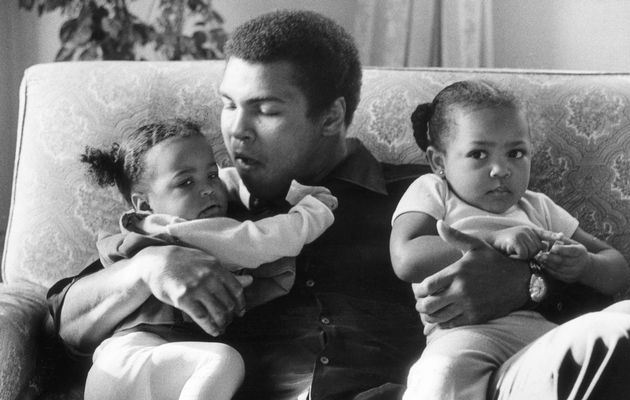
Divorced three times and the father of nine children — one of whom, Laila, become a boxer — Ali married his last wife, Yolanda Williams, in 1986.
In recent years, Ali’s health began to suffer dramatically. There was a death scare in 2013. Two years ago reports surfaced that the Olympic gold medalist’s health had deteriorated so much he was unable to speak. It led him to miss the premiere in Hollywood of the new I Am Ali movie. Last year he was rushed to the hospital after being found unresponsive.
Advertisement
HIS LAST KNOWN BATTLE
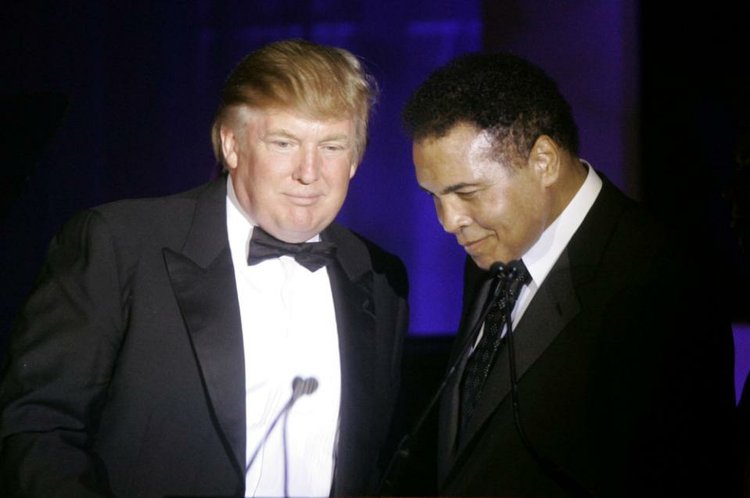
Despite his frail nature Ali defended his belief. Responding to the proposal of Donald Trump, Republican presidential candidate, to ban Muslim Immigration to the US, he said: “I am a Muslim and there is nothing Islamic about killing innocent people in Paris, San Bernardino, or anywhere else in the world.
“I believe that our political leaders should use their position to bring understanding about the religion of Islam and clarify that these misguided murderers have perverted people’s views on what Islam really is. They have alienated many from learning about Islam. True Muslims know or should know that it goes against our religion to try and force Islam on anybody.”
1 comments


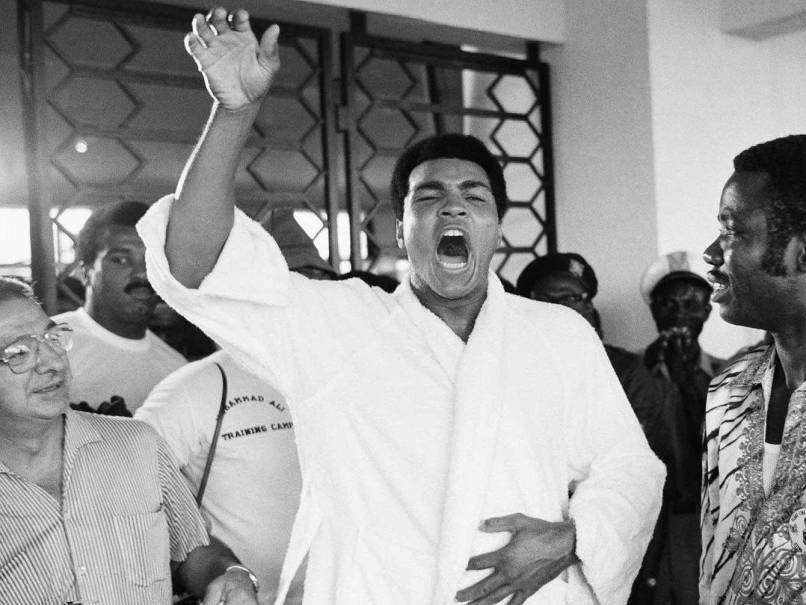
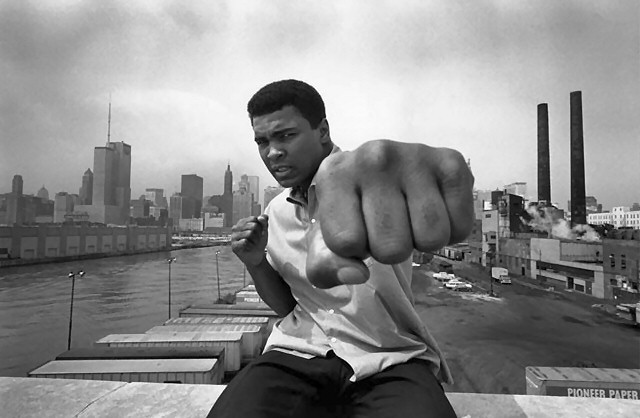


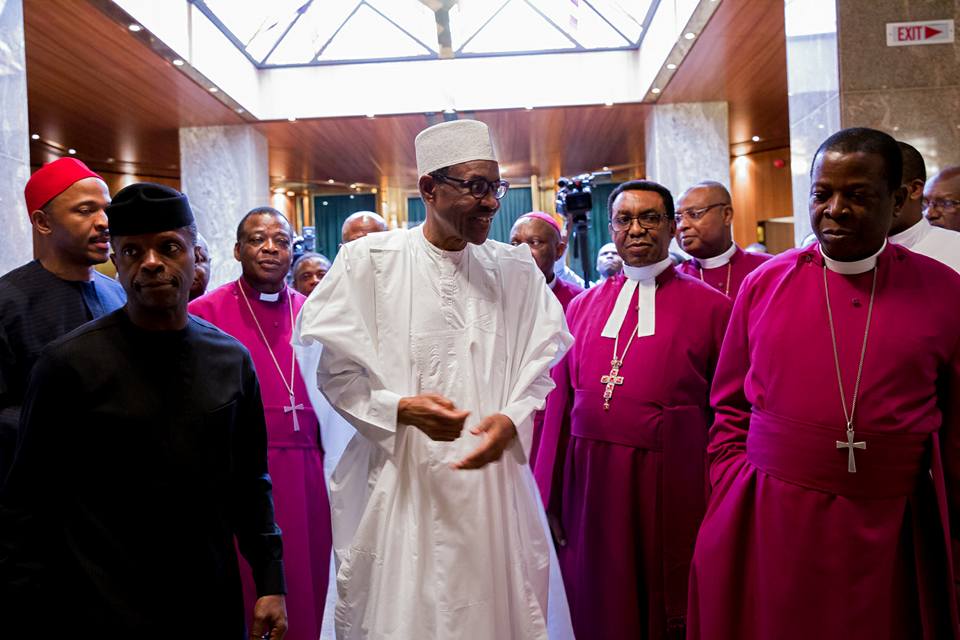
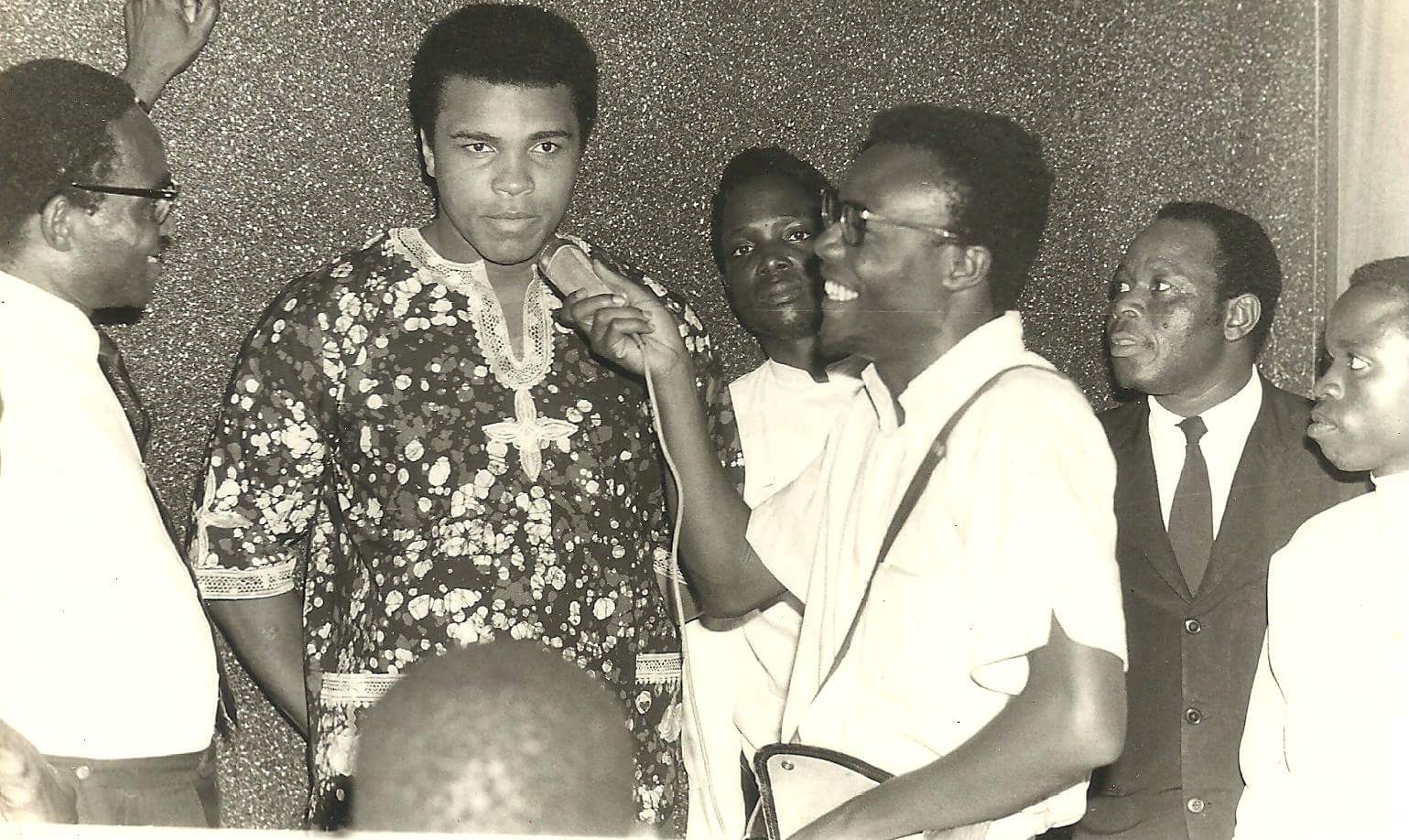

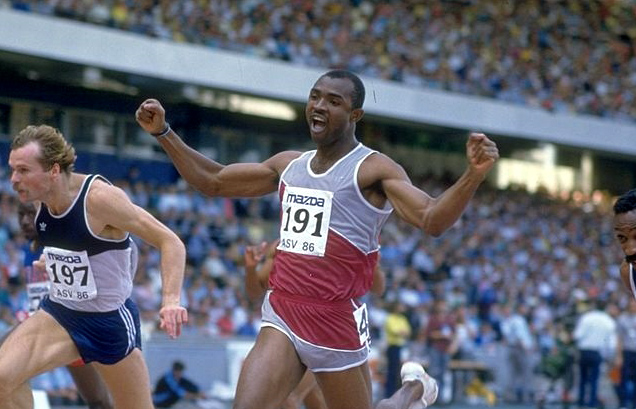
RIP THE GREAT ONE. A LEGEND OF OUR TIME AND OF LONG TIME TO LAPSE. THE BOXING WORLD SHALL MISS YOU AND ALSO YOUR PASSION FOR ISLAM THE FAITH YOU HELD DEARLY TO YOUR HEART THROUGHOUT. I RESPECT YOUR SUBMISSIONS AND ORATORY PROWESS.